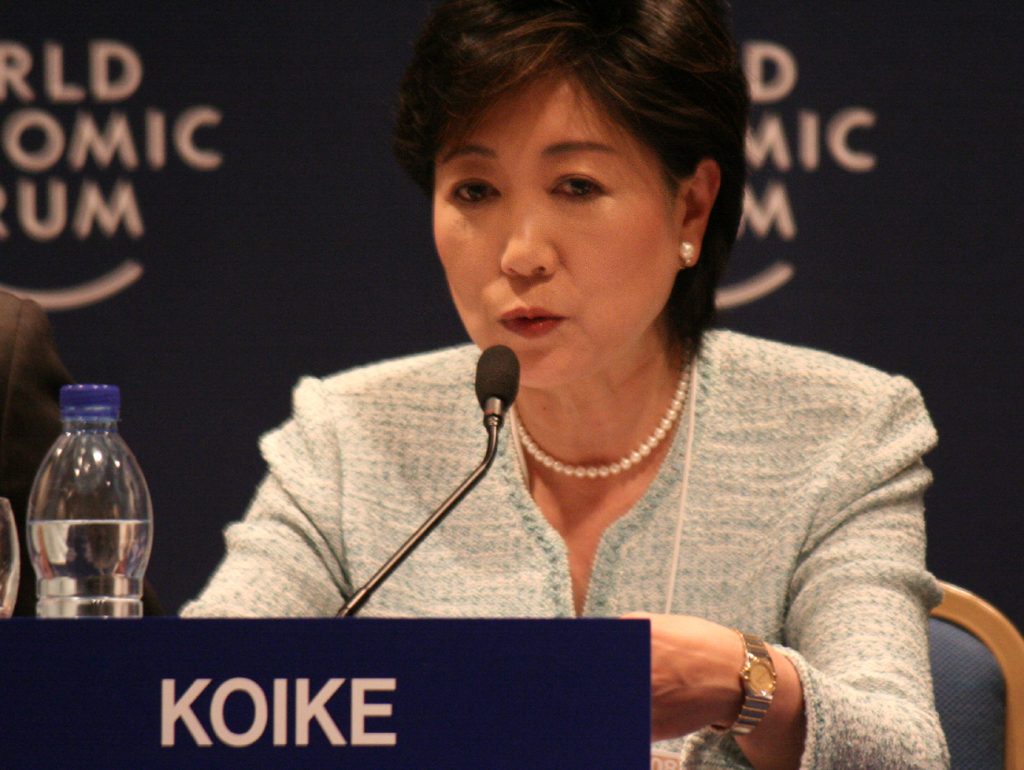
Former International Olympic Committee (IOC) marketing director Michael Payne has claimed that the bid process for the Olympic Games has become “toxic” and requires significant change.
Payne’s comments here at SportsPro Live come at a time when Los Angeles and Paris are the only two remaining bidders for the 2024 Olympic and Paralympic Games.
It is a two-horse race after the unprecedented decision of three cities – Hamburg, Rome and Budapest – to withdraw during the process due to local opposition.
There are also fears that cities, particularly in Western Europe, are less willing to bid for the Olympics.
Such is the apparent reluctance, the possibility has been raised of awarding both the 2024 and 2028 Olympic and Paralympic Games at the IOC Session in Peru’s capital Lima on September 13.
Both Los Angeles and Paris, however, have claimed they are each only interested in 2024.
Speaking in a session entitled “Is this the end of mega-events as we know it?”, 59-year-old Payne said “it’s not the end of mega events”, but “it is the end of bidding for them as we currently know.”
“I think the IOC is facing a perfect storm and the whole bidding process has become toxic and it’s requiring significant change,” he added.
“And I think the reason why it’s declining is actually very simple.
“It’s the media, or more specifically the social media, and the way that the social media is impacting on all aspects of all institutions from Governments – and to this extent International Federations and global sports bodies are not immune – and the way social media is empowering a debate in the local community about whether to stage an event is a good idea or not.
“Politicians are being faced with having to justify whether it’s a good idea or not and most politicians, most sports bodies, have done a very poor job at explaining the rationale.”
Payne believes much of the problem stems from mixing the capital, infrastructural costs and the actual operating costs of hosting the Games.
In December, Tokyo 2020 unveiled a budget of between $14.4 billion and $16.2 billion.
It was down from the the maximum budget cap of $18 billion cited by Tokyo 2020 President Yoshirō Mori the previous month.
Tokyo Governor Yuriko Koike warned last month, however, that the budget could still spiral to as much as $27 billion.

But Payne said here that much of the cost increases have got nothing to do with the Olympics, claiming “it’s infrastructural issues across the other side of the country.”
In terms of the Winter Olympics, he believes the Games are suffering from the legacy of Sochi 2014 which it is claimed cost more than $50 billion.
This is despite the operating budget being far lower at $2.2 billion.
The following Winter Olympic bidding race for 2022 was marred by lost referendums in Polish city Kraków, Munich in Germany and Davos in Switzerland, with China’s capital Beijing ultimately going on to be awarded the Games against sole rival Almaty.
“They [Sochi 2014] were great Games, but President [Vladimir] Putin thought he was doing everyone a favour by saying ‘I’m going to spend $50 billion – this is going to be great,'” Payne said.
“And as a result, every town and village in Switzerland, Austria, Scandinavia [were thinking] $50 billion?
“Forget it, we can’t stage the Olympic Games.
“The IOC at the time should have immediately stepped in and said the cost of the Games is $2 billion, which is pretty well funded by private money.
“The $48 billion is infrastructure; nothing to do with the Olympics.
“It’s an infrastructure for re-building the region and the IOC should have banned the use of the word ‘Olympic’ to do with anything on infrastructure.
“You can then begin to have a debate – what is the cost of the Games versus the infrastructural development?
“Because if you understand that the cost of an Olympic Games is only $2 billion, and you’ve already got all the venues, that’s a totally different discussion.”
By Daniel Etchells
Republished with permission from insidethegames.biz.